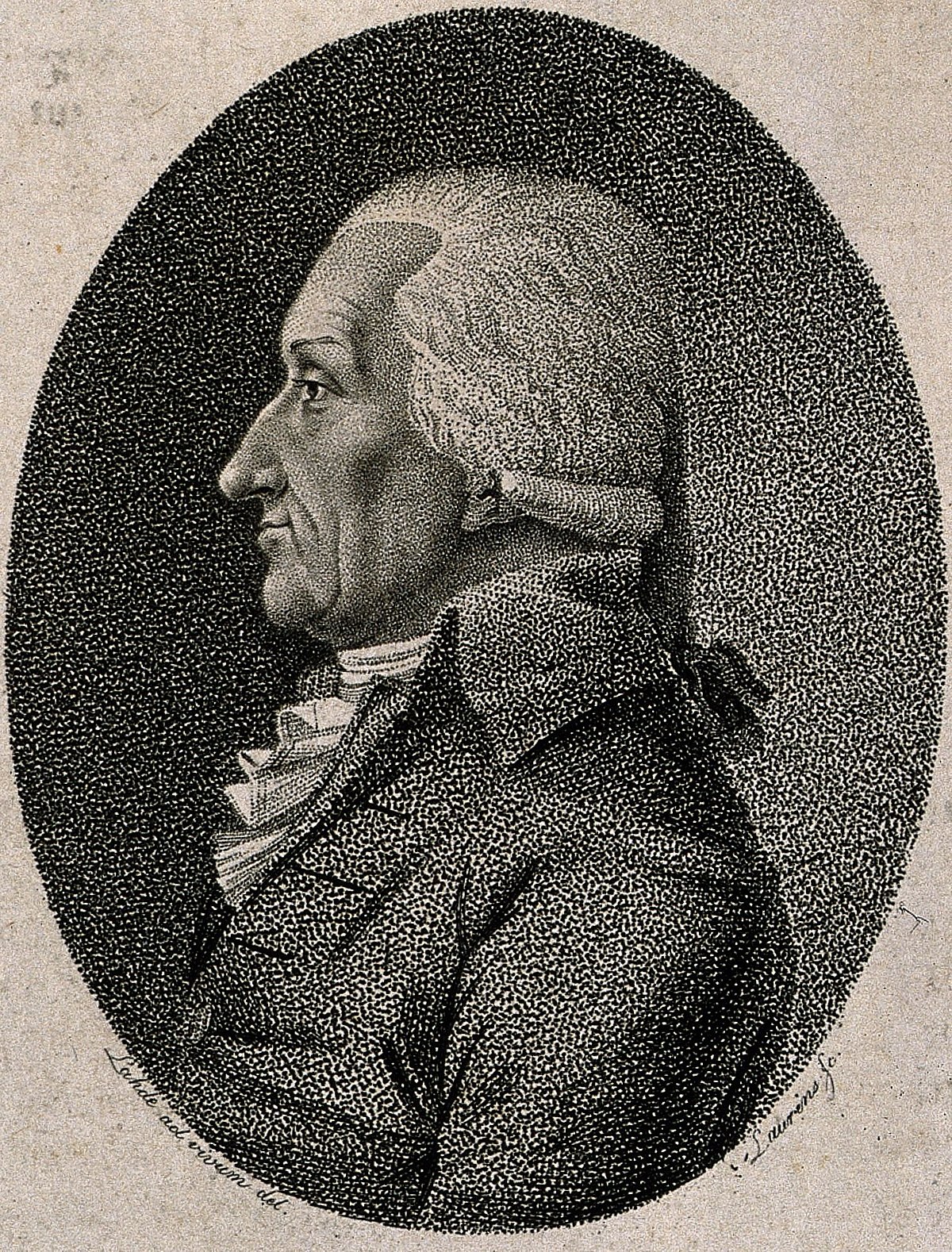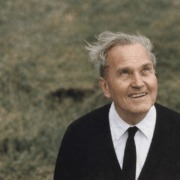
Johann Nikolaus Tetens was born on September 16, 1736 in the south of Schleswig in Tetenbul (Germany). Being a gifted person, he showed himself throughout his life in the fields of many sciences. In particular, in 1754-1759 he studied mathematics, physics and philosophy at the University of Rostock. Among his famous teachers in Rostock should be mentioned such names as I. Hr. Eschenbach and F.A. Epinug. 1759 was marked by the defense of his master’s thesis. In connection with the Seven Years’ War and the occupation of Rostock by Prussian troops, Tetens worked as a lecturer as a private associate professor at the academy founded by Duke Friedrich of Mecklenburg in Byutsev. There he taught logic, natural law, philosophical morality. A special subject of Tetens’s academic activity was metaphysics, which he taught according to the textbook of the German esthete Baumgarten.
Already in 1763 Tetens became a professor of physics, later headed the society «Pedagogy», which later became a gymnasium at the academy in Byutsev. At the University of Kiel Tetens in 1776 he became a professor of philosophy and taught a course in metaphysics based on his own lecture notes. After writing the fundamental work «Experiments», in 1784 Tetens became a professor for the third time (!) And this time in mathematics. In fact, it was in Kiel that Tetens established himself most as a philosopher. His works, entitled «On the Reality of Our Concept of Deity» and «On the Dependence of the Finite on the Infinite,» had a vivid character in expressing interest in metaphysics.
Analyzing the ways of philosophizing Tetens through the prism of metaphysical and psychological hypotheses, he can be called the originator of German positivism. At the same time, it is the recognition of the irrational in Tetens’s philosophical system that distinguishes it from the classics of positivism as a trend. Tetens became famous as a famous psychologist of his time. The range of his interests in the field of psychology is the problem of self-observation, which clearly reflects the philosophical reflection in psychology. In his opinion, psychology should begin with the empirical differentiation of the mental sphere of existence. At the same time, metaphysical ideas about the world can appear only at the end.
Having spent on research expeditions on the islands and coasts of the North Sea in order to explore the possibility of building rafts and strengthening the shores, he proved to be interested in geography, shipbuilding, relief research.
However, as early as 1807 he became a politician in Denmark and left his academic activities at the university. In Copenhagen, almost until the end of his life in 1807, he held many different positions, including a member of the Royal Finance Board and Board and director of the Royal Bank. The philosopher died in Copenhagen on August 15, 1807. The results of his research formed the basis of new discoveries in psychology, mathematics, physics.
Dr. Eugene Raspopov










